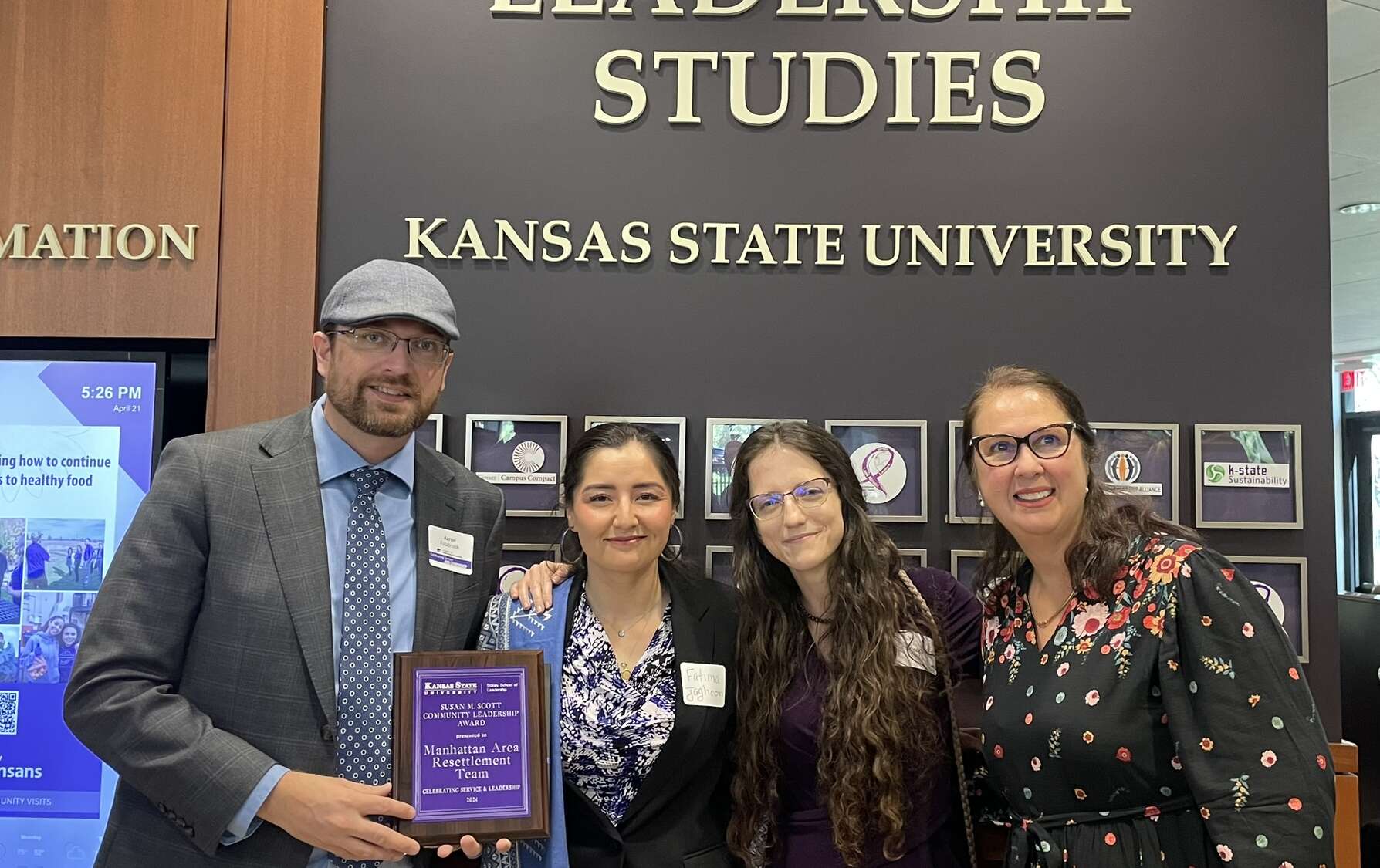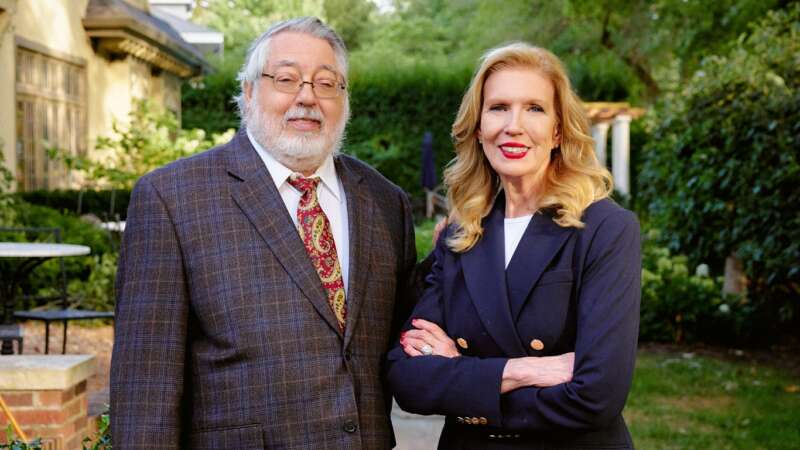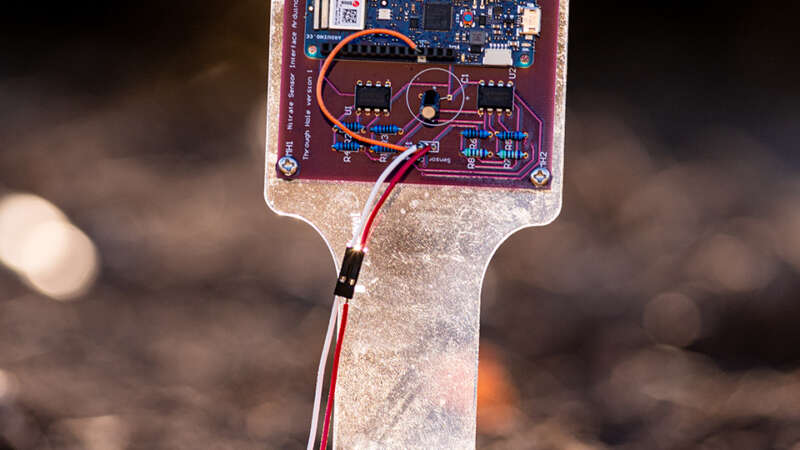The Manhattan Area Resettlement Team receives Scott Award, honoring the memory of the Staley School for Leadership’s first director.
In the summer of 2021, as Afghanistan fell to the Taliban, a group led by two Army veterans, worked tirelessly to bring their Afghan colleagues and families to Manhattan, Kansas.
Aaron Estabrook and Fatima Jaghoori led the effort that became the Manhattan Area Resettlement Team. From a rag-tag group of volunteers who scrambled to help our Afghan allies get settled in Manhattan to an organized nonprofit that has settled more than 200 Afghans, MART now works to resettle refugees from all over the world in the Little Apple. The group helps with everything from housing to finding jobs to getting drivers’ licenses to lining up health care.
Estabrook and Jaghoori were recognized for their work with the Susan M. Scott Award, which honors Susan Scott, the first director of K-State’s Staley School of Leadership. The award recognizes those who:
- Demonstrate leadership focused on bringing progressive change to communities
- Personify compassion for their community and commitment to improving the everyday lives of those around them
- Rise above and beyond the realm of community
- Inspire others to carry out their call to action
Aaron Estabrook shares what this award means to him and to MART.
What does it mean to you to have MART’s work recognized with the Scott Award?
It’s both an honor and a profound affirmation of the work MART has been doing. It symbolizes a significant acknowledgment from the broader community and leadership educators that what we’re doing is not only necessary but done well. This award is for every volunteer, staff member and supporter of MART who believes in the power of community and compassion.
It’s a reminder that leadership is about service. And through service, we can effect real change.
What has been your experience of Manhattan as a welcoming community?
Manhattan has proven to be an exceptionally welcoming community. From local businesses to educational institutions and individual households, the spirit of inclusivity runs deep. The community’s response to our efforts with Afghan refugees, in particular, has been overwhelmingly supportive. People are eager to help, whether that means donating resources, time or simply spreading the word about what we do. Manhattan embodies the ideal of community support and engagement.
What else can be done to improve how Manhattan welcomes its newest residents?
While we’ve made great strides in creating a welcoming environment, there’s always room for improvement. We could enhance language support services, which are critical in helping new residents integrate more smoothly into daily life. Establishing more mentorship programs that connect established residents with newcomers could also foster greater understanding and integration. Additionally, increasing communitywide events that celebrate diverse cultures could enhance mutual respect and appreciation among all residents.
How does volunteering or philanthropy factor into MART’s work?
Volunteering is the backbone of MART and the engine behind much of our success. I encourage everyone in Manhattan and beyond to consider how they might contribute their time or skills to support their community. Whether it’s through MART or other organizations, volunteering can make a substantial difference in people’s lives, including your own.
As for philanthropy, it’s crucial not only for sustaining the initiatives already in place but also for allowing us to innovate and expand our services. Financial contributions have a direct and meaningful impact, helping to provide everything from basic necessities to employment training for refugees. Each donation, no matter the size, contributes to a larger movement of community support and global citizenship.



